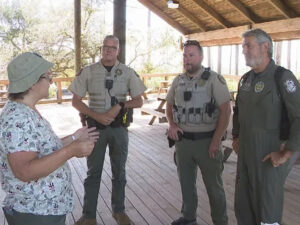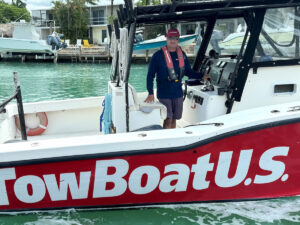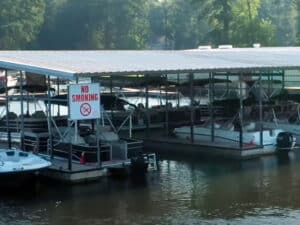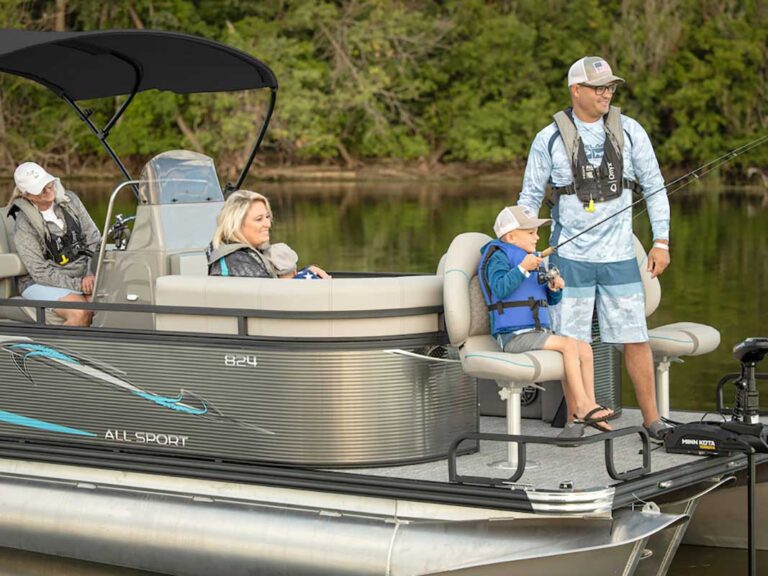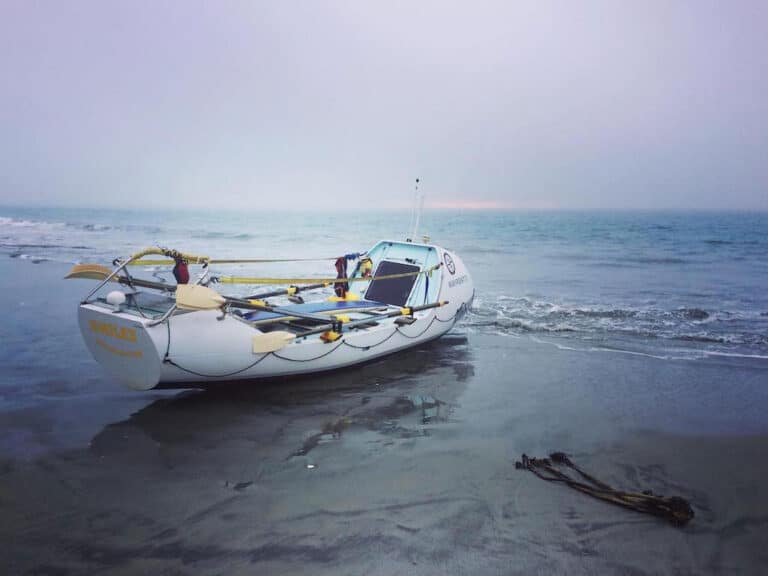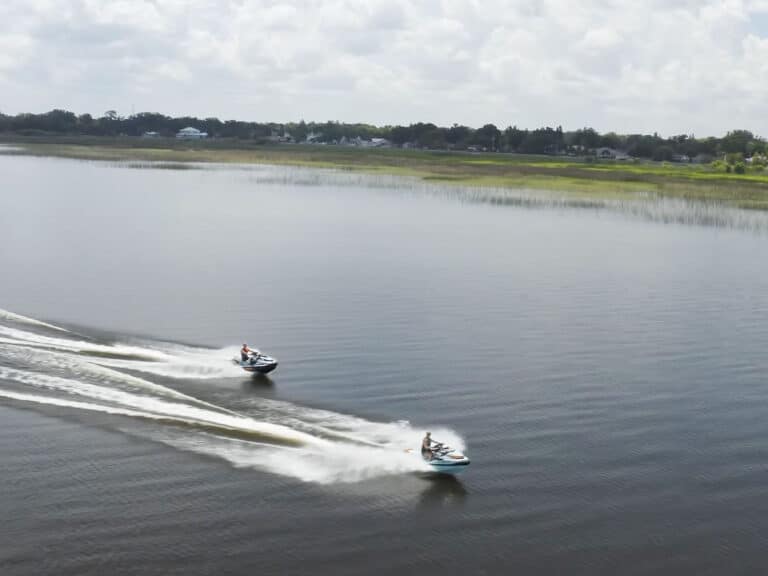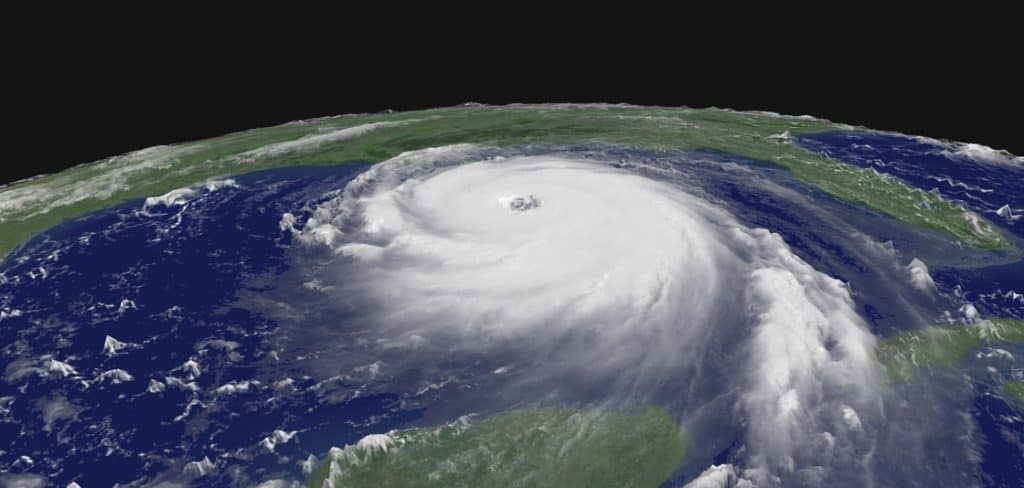
Marine assistance provider Sea Tow Services International reminds boaters that the official start of hurricane season is June 1, and has assembled 15 preparation tips, based on lessons learned from Hurricane Sandy. Now is the time for boaters to start taking steps to protect their vessels from what could be a very busy summer storm season along the U.S. Atlantic and Gulf coasts, according to Sea Tow, which offers this advice:
1. Make sure your boat is insured. A boat that is damaged by a hurricane can wind up costing far more to fix than an insurance policy costs annually.
2. Review your marine insurance policy, especially its hurricane season provisions. Boat owners whose insurance requires them to relocate their vessels out of a hurricane zone should do so by the date specified in their policy.
3. Make a Storm Plan. Most insurance providers require a formal written plan detailing where and how your boat must be secured during a major storm. Designate a responsible person to execute the plan if you will be out of town.
4. Check with your marina, storage facility or the owner of the private dock where your boat is moored to be sure the vessel can remain there during a hurricane. If it can stay, know the procedure for securing not only your boat, but those docked around it as well. A boat that breaks loose in a hurricane can wreak havoc on neighboring vessels.
5. Pick a haul-out provider. Owners who must move their boats in the event of a storm should decide where to have it hauled before hurricane season begins. Don’t wait until a storm is imminent. Check with your local Sea Tow operator to see what pre-storm haul-out services are offered.
6. Monitor local and national weather services including NOAA Weather Radio and the National Weather Service’s National Hurricane Center at www.nhc.noaa.gov.
7. Make an inventory, preferably by video, of all valuable fixed items such as marine electronics onboard your boat.
8. Store all the boat’s important documents, including your marine insurance policy, in a secure place off the vessel.
9. Once a storm is forecast for your area, remove all detachable items from your boat, such as canvas, sails, cushions, fishing rigging, radios, electronics and antennas. Lash down everything that you cannot remove, including booms, tillers, wheels, etc.
10. Deflate your dinghy and store it and its outboard motor off the boat. If it’s a fiberglass dinghy, have it stored in an indoor facility.
11. Lash your boat down securely if it is on a trailer. Use tie-downs to anchor the trailer to the ground, let the air out of its tires, and weigh down the frame.
12. Disconnect your boat’s battery. If it is in a facility with shore power, be sure all power is turned off and all shore power cords are stowed securely.
13. Center your boat in its slip if it is docked in a marina or in a private berth. Double-up all dock lines and make sure they are of sufficient length to compensate for excessive high water.
14. Anchored boats should put out enough scope. Inspect all anchor rodes and chain and use only good or new gear. Set extra anchors as necessary.
15. Do not stay with your boat or try to ride out a storm on board. No matter how valuable your vessel is to you—both financially and sentimentally—it’s not worth your life.
* * * * *
The U.S. Coast Guard is asking all boat owners and operators to help reduce fatalities, injuries, property damage, and associated healthcare costs related to recreational boating accidents by taking personal responsibility for their own safety and the safety of their passengers. Essential steps include: wearing a life jacket at all times and requiring passengers to do the same; never boating under the influence (BUI); successfully completing a boating safety course; and getting a Vessel Safety Check (VSC) annually from local U.S. Coast Guard Auxiliary, United States Power Squadrons(r), or your state boating agency’s Vessel Examiners. The U.S. Coast Guard reminds all boaters to “Boat Responsibly!” For more tips on boating safety, visit www.uscgboating.org.


